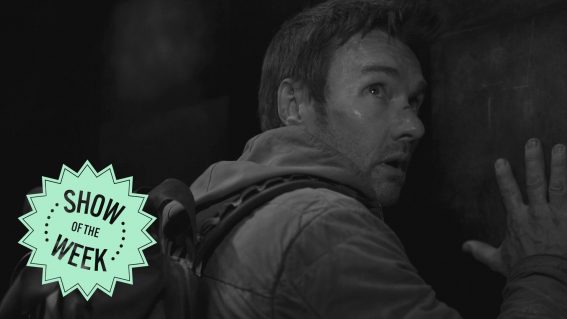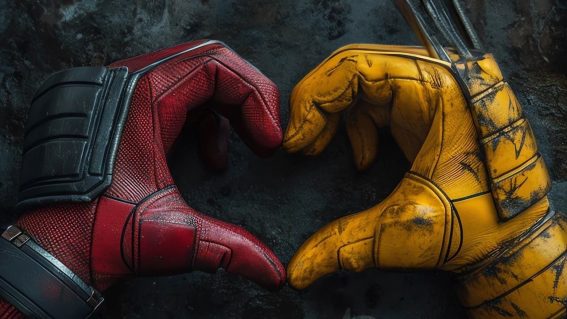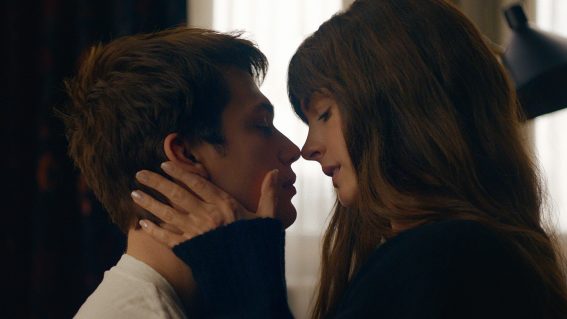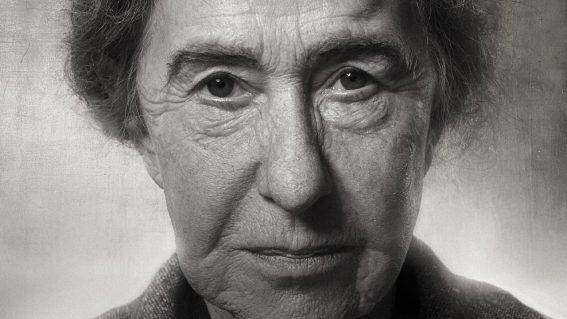I is for I Know Who Killed Me: a dark, trashy mirror to The Parent Trap
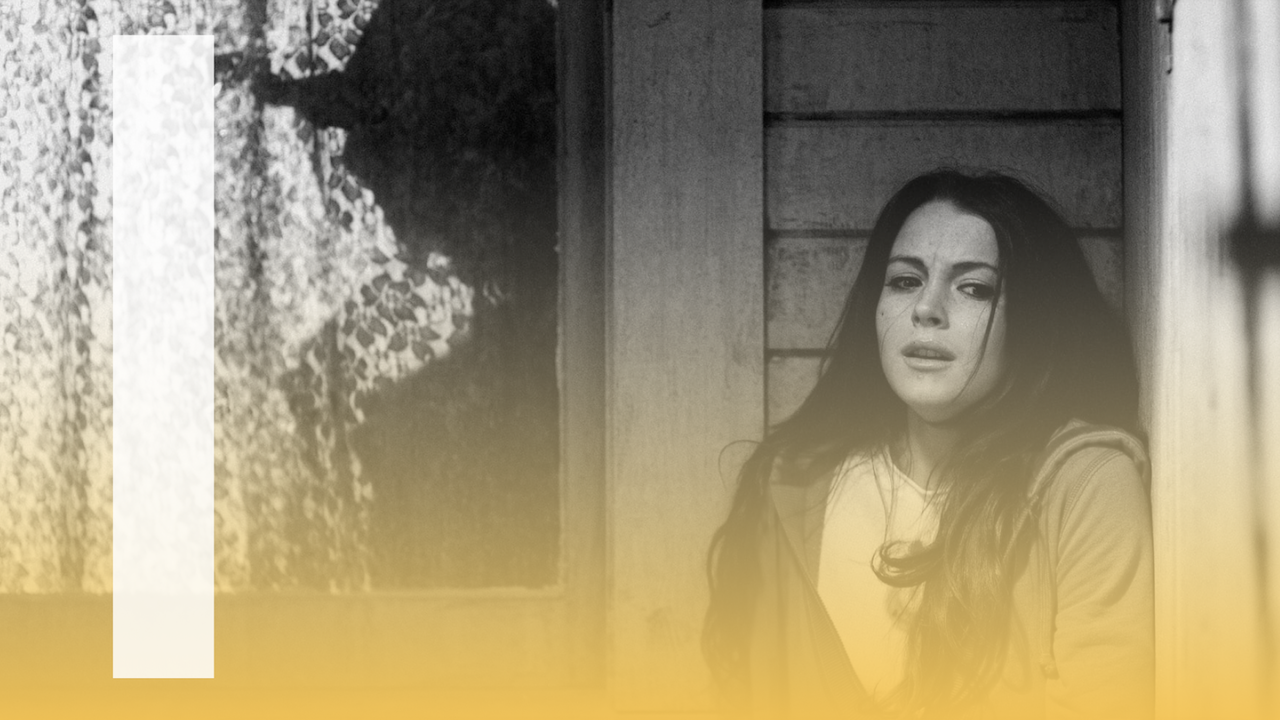
In monthly column The A-to-Z of Trash, bad movie lover Eliza Janssen takes us on an alphabetically-ordered trip through the best bits of the worst films ever. This month, lurid thriller I Know Who Killed Me deserves another watch as a compelling window into Lindsay Lohan’s troubled public image.
I Know Who Killed Me
Big shout out to Liam Maguren for suggesting this film for my monthly column, making him probably the only person to ever utter the words “I Know Who Killed Me could be good.” Could be being the operative term here. The production and release of Chris Sivertson’s 2007 thriller couldn’t have been mired in worse publicity, with star Lindsay Lohan leaving set to return to rehab every night, and getting arrested for a DUI in post-production, allowing media vultures to swoop in and savage the film in lieu of a proper press tour. Discussed in the present tense rather than through that doomed future it once faced, however, we can speak more generously about this troubling and unexpectedly solid project.
Ever since the film set a record for the most amount of Razzies won by a single title, it’s enjoyed somewhat of a renaissance, rescued by select critics as a vulgar Hollywood example of the Italian giallo horror genre and screened at underground festivals. Rewatching it today, you might be shocked at the ignorance of noughties-era audiences and commentators who latched onto it as fodder for Lohan’s downward spiral in the tabloids—the film is striking as a dark mirror to her particular celebrity, and showcases some of the fallen star’s greatest qualities.
Think of it as a fucked-up sister project to The Parent Trap, the adorable family movie that showed Lohan’s precocious skill at playing two characters not a decade before. The seedy opening sequence of I Know Who Killed Me couldn’t reframe this bisected dynamic in a more obvious—and genuinely provocative—way. The first of Lohan’s characters, tough pole dancer Dakota, twirls in bloody red lighting before an audience of leering creeps, a direct reflection of a public hungry to watch an ageing child star blossom into womanhood—to strip her near-naked and grin as she inevitably burns out. Sivertson then cuts to another Lohan, goody-two-shoes high school student Aubrey, who reads a hilariously heavy-handed bit of fiction before her class.
“She knew a trick”, Aubrey recites, clearly using her imagined heroine as a stand-in for herself. And, as we can’t avoid noticing, for Lohan too. “She knew how to turn her life into a movie and watch things happen. She always felt like half a person…half a person with half a soul. Sometimes if she dreamed hard enough, she could bring the two halves together. But she always woke to the same feelings of loneliness and loss.”
Lohan’s performance as Aubrey feels fairly wooden, yet another iteration of the naive character she charmed us as in Mean Girls. When she’s kidnapped by a roving serial killer, limbs frozen off by planks of dry ice, it’s horribly difficult to listen to her squeals of agony and terror. She awakens in the hospital missing an arm and a leg, but now as the more engaging character Dakota, in whose bleary makeup and disgruntled attitude Lohan appears far more at home.
She doesn’t remember Aubrey’s weeping family, or her loser boyfriend who can’t identify the female reproductive organs on a worm in science class. But she does see plenty of corny flashbacks to her strip club past; glimpses of the killer’s blue gloves (okay, that’s very giallo), of a tacky blue rose with tumbling petals, all of which might lead her to the supernatural truth of the identical girls’ connection.
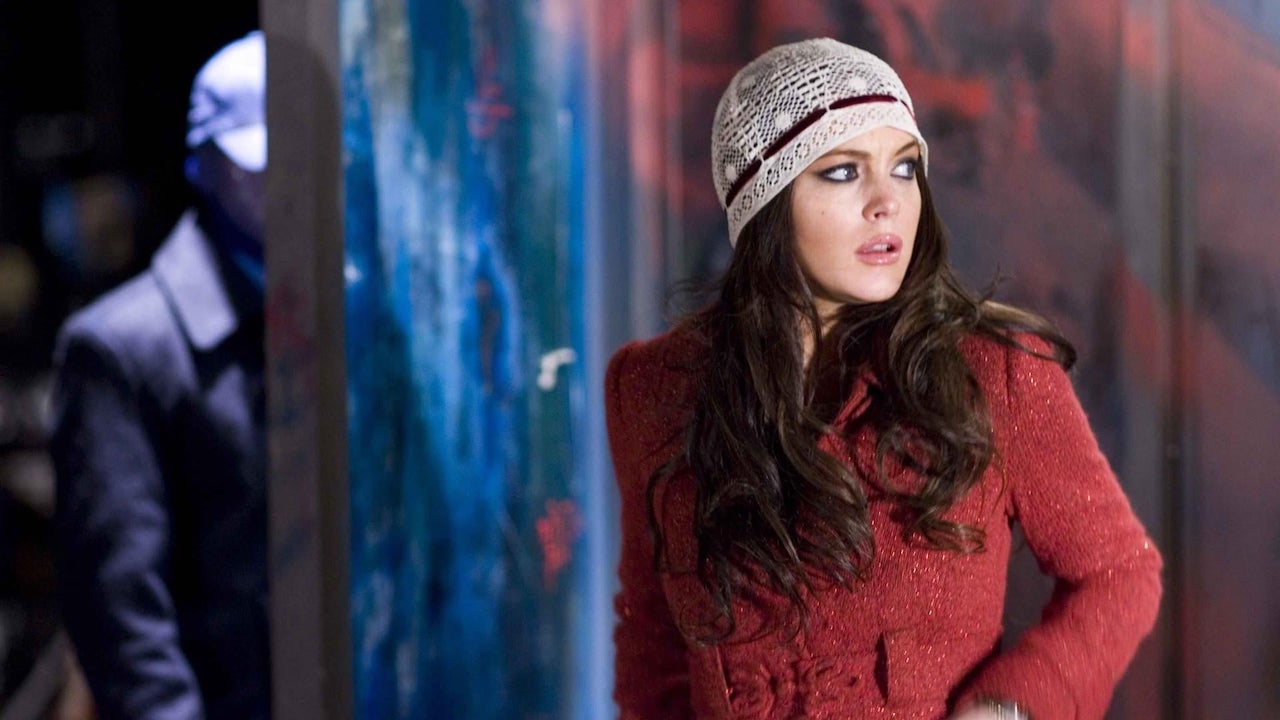
I Know Who Killed Me is not a tasteful film, and all those repetitive pole-dancing montages serve as pure bait for the media shitstorm surrounding Lohan’s celebrity downfall. It’s exploitative, and yet there are moments in which the star is able to harness—and seemingly relish in—the premise’s gaudy bleakness for her own creative evolution.
The film has a bizarre satirical streak at times: like at the high school’s football game, when the principal follows a somber minute of silence for one of the killer’s victims with “now lets get out there and win this one for Jennifer Toland!”, and lunkhead cheers erupt. It feels reminiscent of the millennium-era, ennui-drenched cynicism that worked far better in Donnie Darko, and yet Lohan sells every one of these beats. Staring into a mirror in Aubrey’s bedroom, Dakota snarks: “I enjoy sunsets, long walks on the beach, and playing piano. I have never seen the inside of a strip club or crack house, and I have never sold my body to hairy old men with BO!”
She’s even able to act her way past a goofy robotic hand that proves central to taking down the movie’s underdeveloped villain, and wrings genuine pathos out of a moment alone with Aubrey’s mother, clasping the hand of a woman who claims to have birthed her but of whom she has no memory. This movie was lambasted purely for Lohan’s racy role in it, and yet there’d be little to talk about here without her self-reflexive, gutsy work in it.
Sometimes I Know Who Killed Me is a harebrained American attempt at giallo; sometimes it feels like the oneiric double-life darkness of Vertigo or Twin Peaks: Fire Walk With Me through a Maxim lens. At all times, it’s a tragic portrait of a young star caught in a very public catch-22, damned if she dared to bare all and forgotten if she didn’t. I’m personally glad she did. And yes, it’s hilarious when she says the film’s title around the act three mark.







